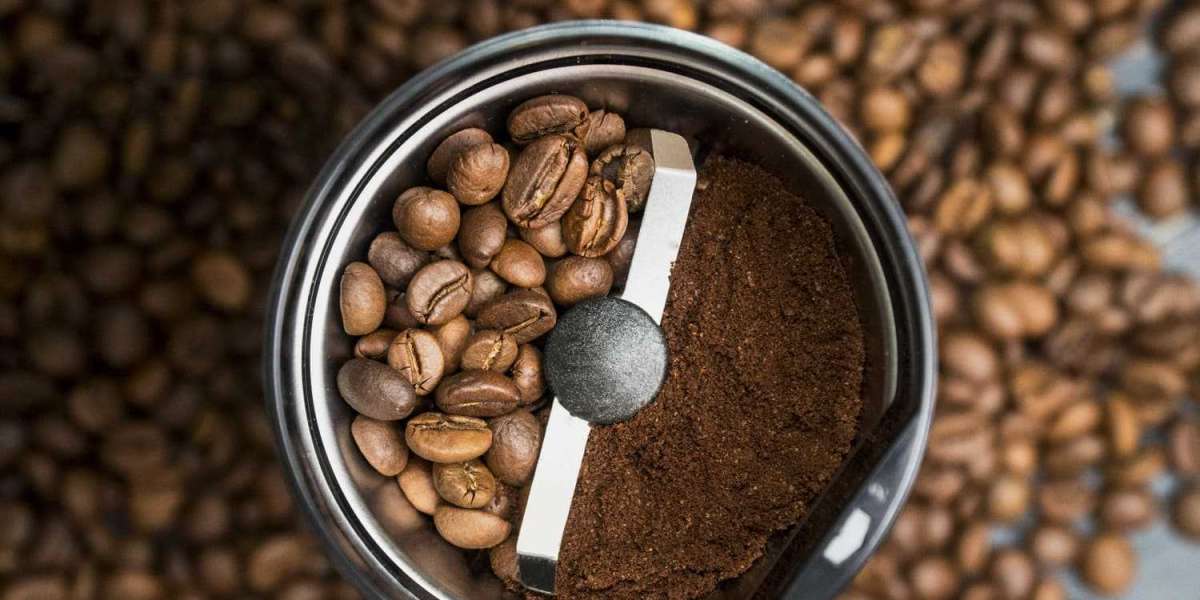As a dedicated coffee enthusiast, I’ve learned that maintaining my espresso grinder is just as important as selecting the right one. A well-maintained grinder ensures consistent performance and helps preserve the flavour of your coffee. Over time, I've developed a routine that keeps my grinder in top shape, allowing me to enjoy delicious espresso every day.
If you're looking to maximise the life and performance of your espresso grinders, here are some essential maintenance tips to consider.
Regular Cleaning
One of the most crucial aspects of maintaining your espresso grinder is regular cleaning. Coffee oils and residue can build up over time, affecting the flavour of your coffee. Here’s how I keep my grinder clean:
- Daily Cleaning: After each use, I remove any coffee grounds from the grinder’s hopper and burrs. This helps prevent stale flavours from lingering and ensures that each brew tastes fresh.
- Deep Cleaning: Depending on usage, I recommend deep cleaning your grinder every few weeks. This involves disassembling the grinder (following the manufacturer’s instructions) to clean the burrs and other components thoroughly. I use a soft brush to remove any trapped coffee particles and wipe down surfaces with a damp cloth.
- Using Grinder Cleaning Tablets: Occasionally, I use cleaning tablets designed for coffee grinders. These tablets help remove oils and residues, ensuring a thorough clean without damaging the grinder.
Check for Wear and Tear
Regularly inspecting your grinder for wear and tear is essential for maintaining its performance. Over time, burrs can become dull, leading to uneven grinding. Here’s what I look for:
- Burr Condition: Check the burrs for signs of wear. If you notice uneven grind sizes or a decrease in performance, it may be time to replace them.
- Loose Parts: Ensure all components are securely fastened. If I notice any loose parts, I tighten them to prevent any operational issues.
Adjusting Grind Size Settings
Another critical aspect of grinder maintenance is ensuring that the grind size settings are appropriate for your brewing method. As a general rule, I adjust the grind size based on what I’m brewing. For espresso, I prefer a fine grind, while other methods like French press require a coarser setting.
Regularly testing and adjusting the grind size can help you achieve the best flavour extraction for your coffee. If your espresso shots are taking too long to brew or tasting bitter, it may be time to fine-tune the grind size.
Calibration and Consistency
For optimal results, I make it a habit to calibrate my grinder periodically. This ensures that I’m consistently achieving the desired grind size. To calibrate, I:
- Test a Batch: I grind a small batch of coffee and brew a shot to assess the flavour and extraction.
- Adjust Accordingly: Based on the outcome, I make necessary adjustments to the grind size. This helps me maintain consistency in my brewing process.
Proper Storage
Lastly, how you store your coffee beans can also affect the performance of your grinder. I always keep my coffee beans in an airtight container, away from light and moisture. This helps preserve their freshness and flavour, ultimately improving the taste of my espresso.
Conclusion
In conclusion, maintaining your espresso grinder is essential for ensuring a consistent and enjoyable coffee experience. By implementing a regular cleaning routine, checking for wear and tear, adjusting grind size settings, calibrating for consistency, and storing your beans properly, you can keep your grinder in top shape.
With a little care and attention, your espresso grinder will continue to provide you with delicious coffee for years to come. Embrace the maintenance routine, and you’ll be rewarded with exceptional flavours in every cup!







